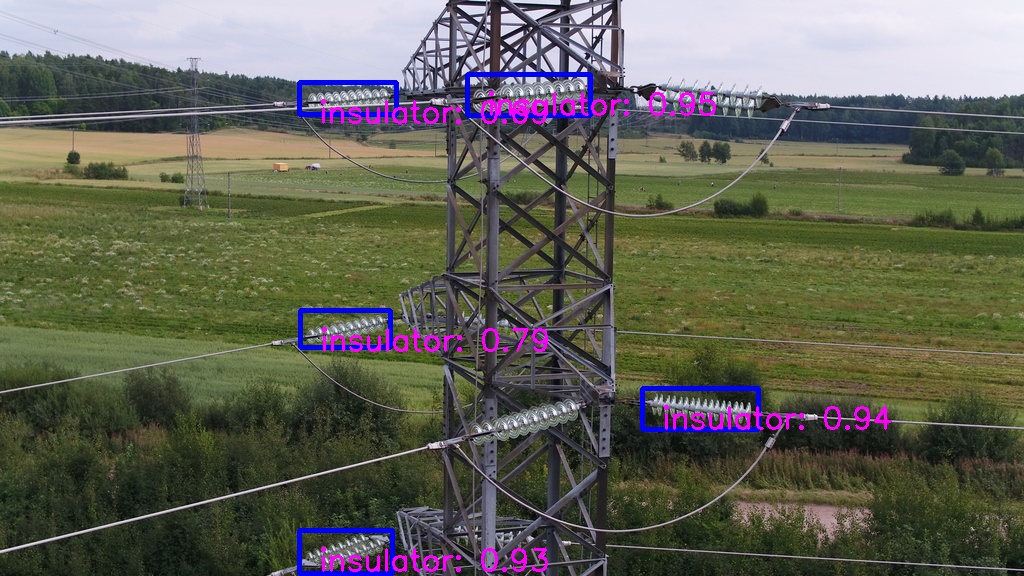
A transformative Transmission and Distribution (T&D) inspection solution is supporting post-Public Safety Power Shutdown (PSPS) inspections across North America’s wildfire-hit West Coast.
Taking a holistic approach to T&D
Sharper Shape’s Sharper CORE application is a first-to-market solution that gives utilities a single, holistic view of an electricity T&D system. The software integrates asset inspection data from both manned and unmanned aerial inspections and also data captured by utility workers at ground-level, to create a utility digital twin. Seamless integration of the three data sources offers utilities unparalleled insight and truly holistic asset inspection, management and forecasting.
A new approach to post-PSPS
For post-PSPS inspections, the approach can greatly improve efficiency and accuracy. Utilities must conduct detailed inspections to ensure assets are safe to restart, which is most efficiently done via aerial inspection. However, for hard to reach places such as lines under tree canopy cover, on-foot inspection is necessary. The new software integrates the two methods for a full-picture analysis.
“Following a PSPS, the pressure is on to reenergize power as fast as possible, with costs to the economy counting in the millions. However, utilities need to be absolutely certain that all lines are clear from danger before power they are reenergized.” Paul Frey, Sharper Shape COO
Paul also added: “Sharper CORE is our AI-based proprietary cloud software that automatically centralizes, stores, and visualizes all collected asset and vegetation data – allowing utilities to remotely inspect T&D assets from any browser at any time.
“Unmanned aerial inspections are good; manned aerial inspections are good; on-foot inspections are slow but also good. What makes an inspection program great – and what utilities haven’t had before – is a powerful integration of all three, and that’s what our software does.”
AI for Utility Construction and Maintenance Operations
The new functionality also has applications for utilities during construction and maintenance operations, where workers will already be on-site. Capturing images with their cell phones, construction teams are able to keep project managers up to date with real time image uploads from the field. And they can seamlessly add a new source of data to enrich the utility’s digital twin and inform asset inspection, management, and forecasting.

